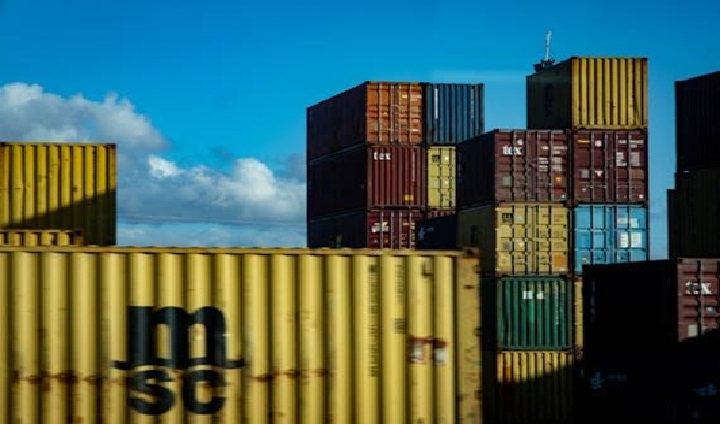Whether you need a container for storage, shipping, or extra space, buying a container is a great option because you have a lot of flexibility. You can do whatever you want with the container without being restricted by the vendor.
But, before you make this big purchase, there are a few factors that you need to consider to make the right decision for your needs.
To give you an idea, here are some things you need to know before purchasing a shipping container to solve your problems.
1. Size Matters More Than You Think
One of the first things to decide is what size of shipping container you need. Shipping containers come in a variety of sizes, but the most common are 20 feet and 40 feet long. A 20-foot container is generally enough for small storage needs like furniture or seasonal items, while a 40-foot container can accommodate larger items or more extensive storage needs, such as for business equipment or vehicles.
Consider how much space you have on your property. If you don’t have room for a larger container, it might make sense to choose a smaller one or even consider stacking them, depending on your needs and the local zoning laws.
2. Consider Modifications Based on Your Needs
Before purchasing, think about any modifications you might need. A basic shipping container is a sturdy, secure option for storage, but it might not have everything you need right out of the box. Many people opt to add things like ventilation, windows, or even electrical outlets.
Some companies offer pre-modified containers, which might save you time and effort. However, you can always customize the container after you purchase it. Just make sure to factor these additional costs into your budget.
3. Delivery Can Be Complicated
While shipping containers are incredibly convenient for storage, getting one to your location is not always straightforward. You’ll need to ensure that you have a flat and accessible space for the delivery truck to drop it off. Keep in mind that delivery trucks are large, and if your property is difficult to access, you might need to consider alternative arrangements.
Delivery fees vary depending on your location and how far the shipping container needs to travel. If you’re buying from a local seller, the delivery might be more affordable, but if the container is coming from far away, the costs can add up quickly.
4. Check Zoning and Permit Requirements
Before you buy a shipping container, it’s essential to check with your local government or homeowner’s association about any zoning laws or permit requirements. In some areas, shipping containers might be considered temporary structures, while in others, they could be subject to more regulations.
Some communities have restrictions on where and how long you can keep a shipping container on your property. In some cases, you may need a permit to have one delivered. Make sure you do your research in advance to avoid any surprises or potential fines.







